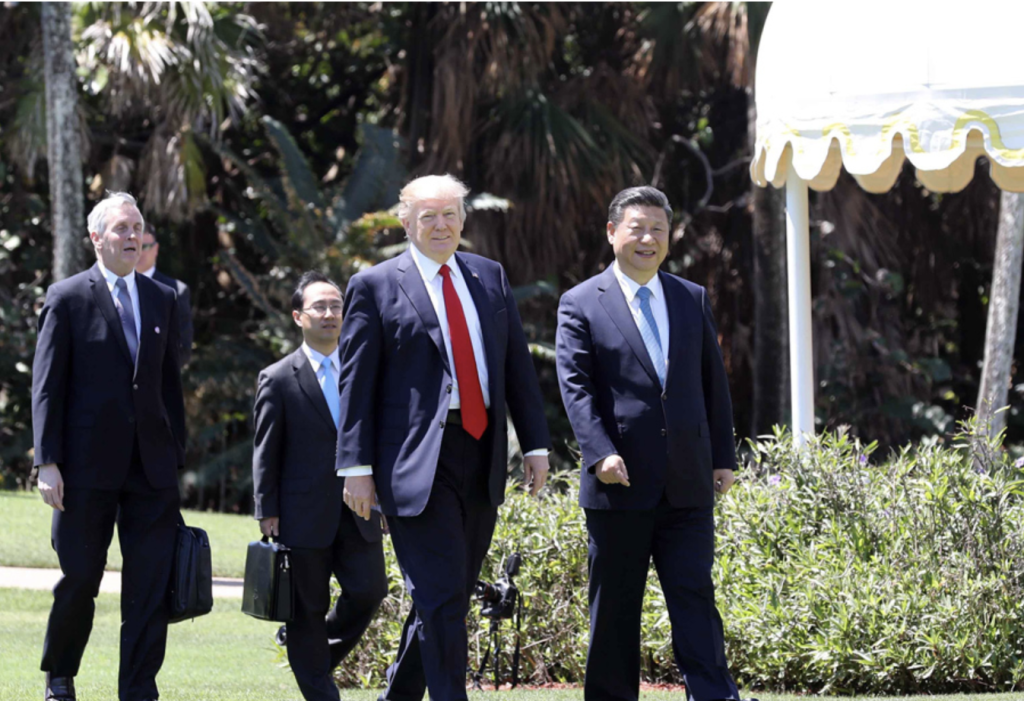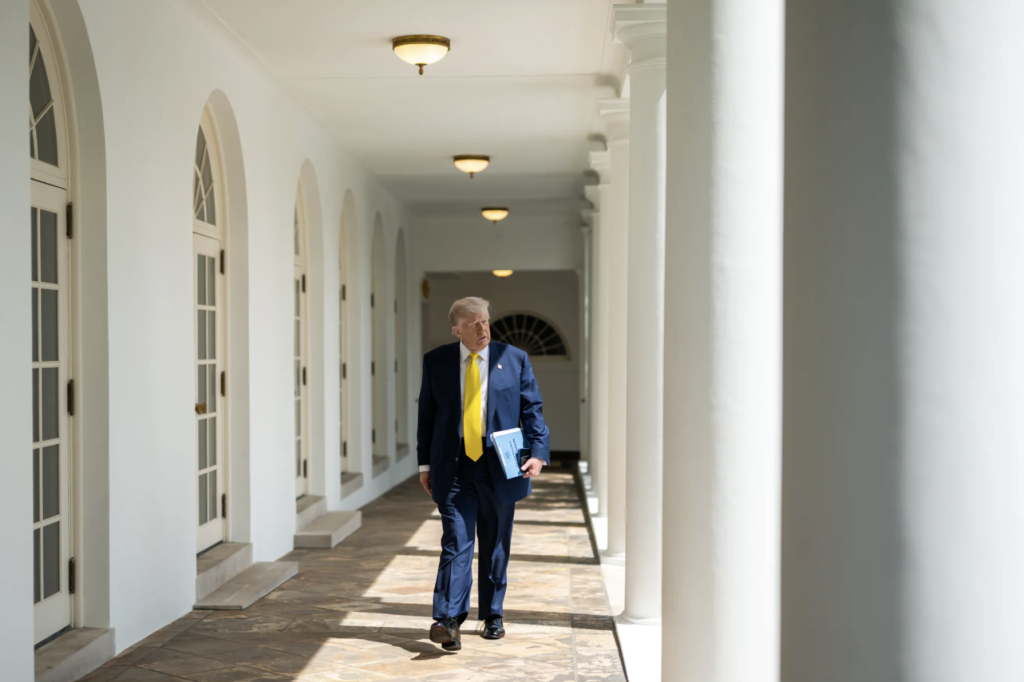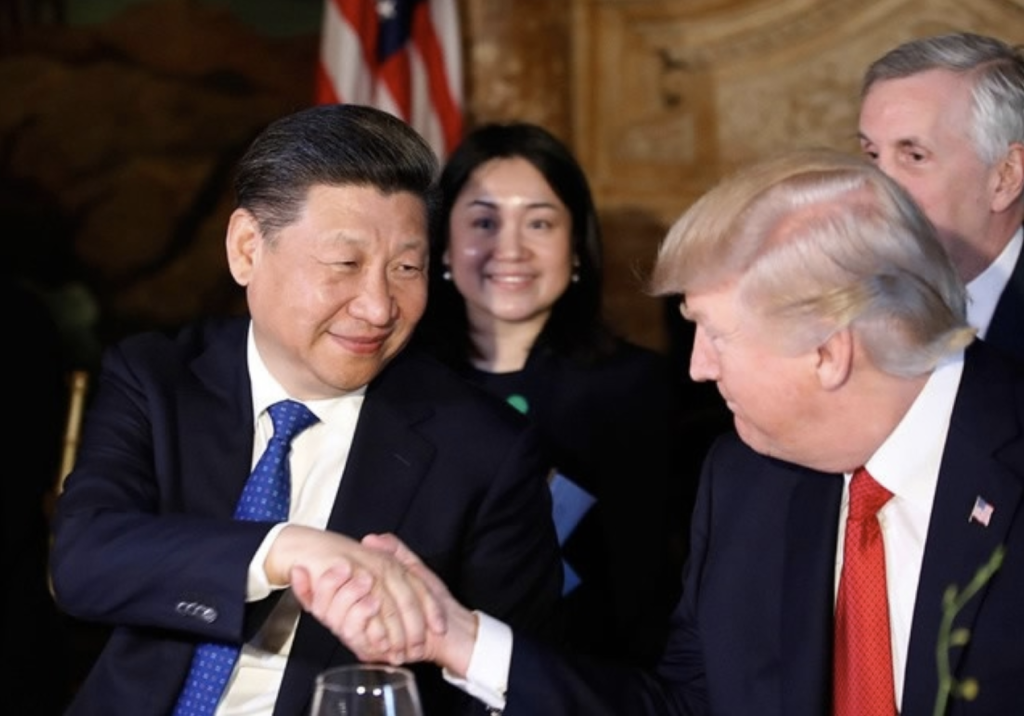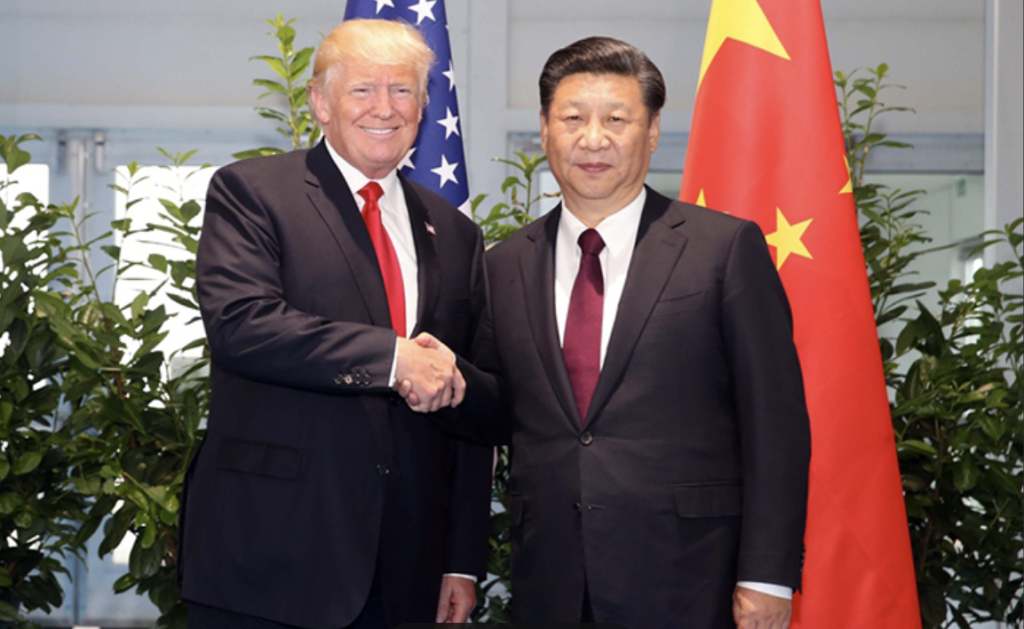U.S. Think Tanks Need Less Confrontational Thinking on China
- Analysis
 Zhang Jiadong
Zhang Jiadong- 08/19/2025
- 0

【Editor’s note: Professor Zhang Jiadong of the Center for American Studies at Fudan University recently published an article in the Global Times offering a different perspective on Bradley T. Gericke’s piece, “Win Fast or Lose Big Against China,” published by the Atlantic Council.
Major General Gericke, in his article, argues that the United States must be prepared to win quickly in any conflict with China to deter a prolonged war, emphasizing that rapid, decisive victories—especially through modernization, readiness, and forward positioning—are critical to maintaining strategic deterrence. Professor Zhang offers a contrasting viewpoint, questioning the urgency and framing of Gericke’s argument, raising concerns about escalating tensions, and advocating for more nuanced diplomatic strategies. Together, the two articles present sharply divergent perspectives on U.S.–China strategic competition. Below is the translated version of Zhang’s article.】
Recently, a commentary published by the Atlantic Council titled “Win fast or lose big against China ” argued that if a conflict breaks out between the U.S. and China, the U.S. must seek a quick, decisive victory, or it will face “catastrophic consequences.” The author, Gericke, claims that a “short, regional, and limited war” is most aligned with America’s capabilities and interests, and that an excessive focus on a “protracted war” will only lead to failure. Gericke’s perspective is just one of many analyses prevalent in the American think tank community. Analyzing the military balance of power between the U.S. and China, or using simulations to obtain so-called “results of a U.S.-China confrontation,” has long been a key area of focus for U.S. think tanks and often serves as an important reference for Washington’s strategic decisions. It can be said that the research and judgments of some U.S. think tanks have, to some extent, become an “indirect catalyst” for the deterioration of U.S.-China relations.
In fact, the core problem with U.S. think tank analyses on China has never been the accuracy of their data or simulation results, nor the representativeness and rationality of their viewpoints. The issue lies in their deep-seated confrontational mindset. The various reports produced by some U.S. think tanks in the name of “being prepared for danger in times of peace” all contain a dangerous tendency to incite conflict. This requires a deeper analysis from three dimensions:
- The Cognitive Limitations of a Confrontational Mindset
Criticizing a confrontational mindset does not deny the objective existence of U.S.-China competition. It calls for a comprehensive understanding of the one-sidedness and high risks behind this thinking. This mindset is essentially a narrow zero-sum logic with several flaws. First, it ignores the multidimensional complexity of U.S.-China relations. While competition is a current reality, it is by no means the whole picture. The Carnegie Endowment for International Peace has pointed out that even if parts of the U.S. and Chinese economies “decouple,” the two sides can still cooperate in providing global public goods, highlighting the complementary foundation of their relationship. Second, it overestimates the inevitability and urgency of confrontation. Historical experience shows that U.S.-China relations always evolve in a dynamic balance of tension and détente, and the potential for cooperation has never been completely erased by competition. Finally, it carries the risk of strategic miscalculation. This “either-or” mindset can lead to misjudgments about the rise and fall of each other’s strength, which could trigger an uncontrollable risk of conflict.
- The Logic Behind Some Americans’ “Crisis of Confidence”
America’s current crisis of confidence stems from multiple challenges. At the economic level, China’s rapid rise is challenging America’s global economic domination. Their strategic anxiety is heightened by China’s trade surplus with the U.S. and its breakthroughs in high-tech fields such as semiconductors and artificial intelligence. At the military level, the steady advancement of China’s defense modernization has altered their security perceptions. The relative weakening of traditional military advantages has triggered a reactive response. At the domestic level, political polarization, economic inequality, and a crisis of social trust have weakened America’s internal cohesion. Hard-line policies such as trade wars are essentially a reflection of America’s domestic governance difficulties projected onto its foreign policy. This protectionist tendency and the alienation from its alliance system not only harm America’s soft power but also expose its anxiety about its relative decline. This lack of confidence—fueled by a decline in relative strength, domestic governance challenges, and an abnormal anxiety about China’s rise—is both a driving force of confrontational thinking and a potential opportunity for a U.S.-China relationship reset. Compared to its peak, the U.S. in this period of adjustment needs international cooperation more than ever to address global challenges.
- The Future Trends of U.S.-China Relations
In the context of globalization, with rapid technological development and deepening international exchanges, the connections between countries have reached an unprecedented level, creating a pattern where “you are in me, and I am in you.” In this situation, peaceful coexistence between the U.S. and China is no longer merely a choice based on their respective interests, but a necessary requirement to safeguard the common interests and shared development of humanity. On one hand, deep economic integration will continue to be the cornerstone of bilateral cooperation. The U.S. and China are key trading partners; economic turmoil in one will cause a systemic shock to global supply chains. Cooperation benefits both, while conflict harms both. On the other hand, geopolitical stability requires cooperation. Historical lessons show that great power confrontation often leads to catastrophic consequences. The mainstream approach in international politics since World War II has been for major powers to handle differences through non-direct conflict. In today’s world, with the existence of nuclear deterrence and highly integrated global industrial chains, U.S.-China cooperation can serve as the ballast for maintaining global strategic stability.
In short, the so-called “insufficient capacity for a protracted war” argument by U.S. think tanks reflects a cognitive bias and strategic shortsightedness that views U.S.-China relations through a confrontational mindset. U.S. think tanks need to understand that the outdated logic of zero-sum game is not applicable to today’s U.S.-China relations. The economic complementarity of the two countries and the inevitability of cooperation in areas like the provision of public goods should become the foundation for a healthy U.S.-China relationship. The “crisis of confidence” among some in the U.S. should not be an excuse for conflict but should be transformed into a driving force for international cooperation. As the world’s two largest economies and permanent members of the UN Security Council, the U.S. and China can only truly fulfill their great power responsibility to maintain world peace and prosperity through rational dialogue to manage competition and pragmatic cooperation to expand consensus. This is not a matter of selective policy preference but a historical necessity based on the reality of a community of shared future for mankind.
Author
-

Professor at the Center for American Studies at Fudan University recently







